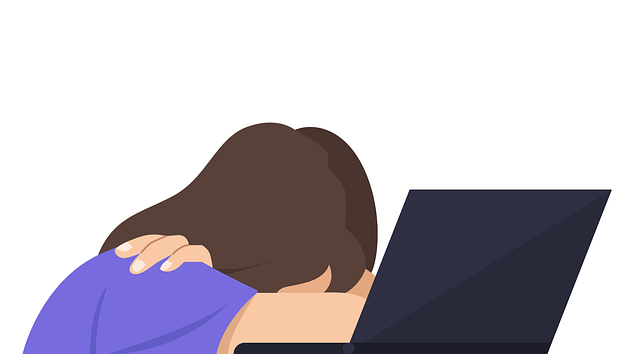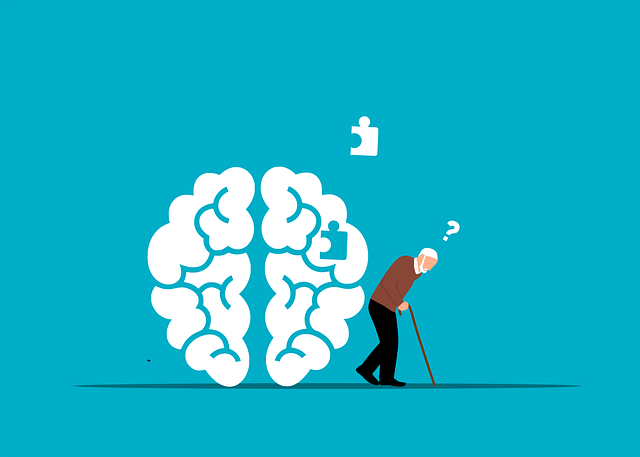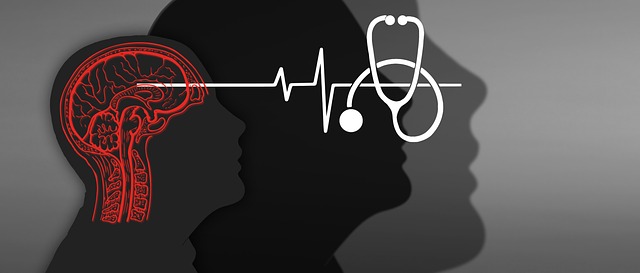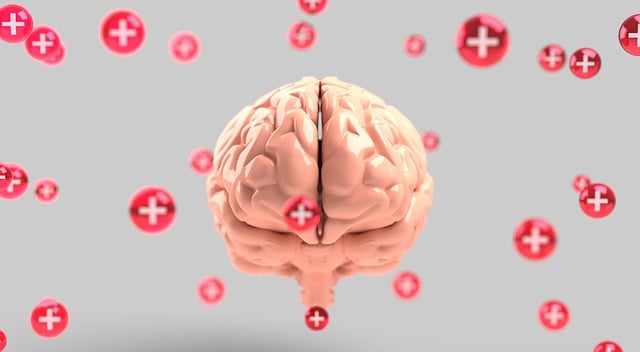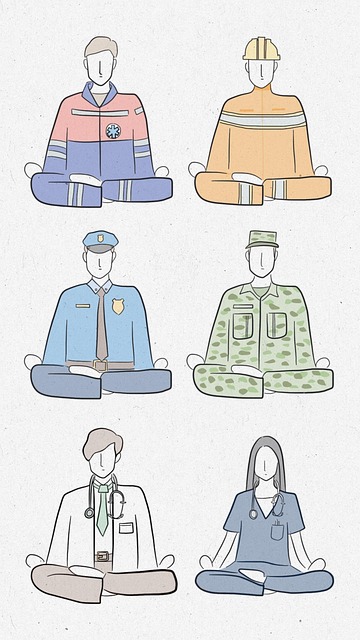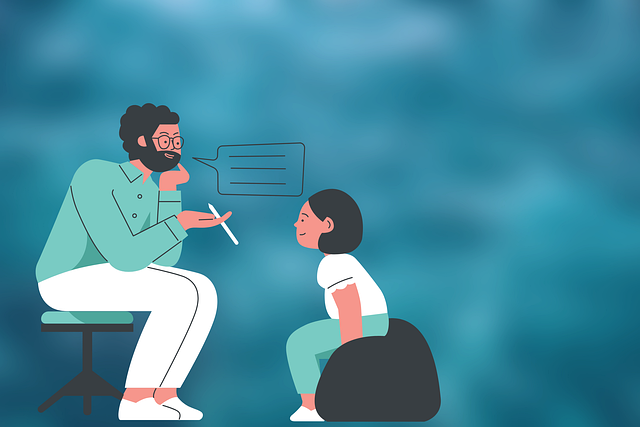Mental wellness groups in Denver, utilizing Denver Cognitive Behavioral Therapy (DCBT) techniques, offer a supportive community for individuals navigating challenges. Through CBT, facilitators guide members to identify and modify negative thought patterns using cognitive distortion recognition and mindfulness meditation. Engaging activities assess risk and build confidence while structured communication strategies ensure safe, open discussions. Regular assessments adapt facilitation, empowering participants with coping strategies for long-lasting mental wellness, and improving therapy accessibility in Denver and beyond.
Mental wellness groups offer a powerful support system, fostering recovery through shared experiences. In this article, we explore effective facilitation techniques rooted in Denver Cognitive Behavioral Therapy (DCBT), focusing on creating safe spaces that encourage active participation and promote healing. We delve into strategies for engaging group members, measuring the success of these sessions, and highlighting the transformative potential of well-structured support groups.
- Understanding Mental Wellness Groups: Creating a Safe Space
- Denver Cognitive Behavioral Therapy (DCBT) Techniques for Group Facilitation
- Engagement Strategies: Encouraging Active Participation
- Measuring and Promoting Healing: Evaluation Methods for Group Success
Understanding Mental Wellness Groups: Creating a Safe Space

Mental wellness groups offer a unique and powerful setting for individuals to connect, share experiences, and support one another through challenges. These groups create a sense of community, fostering an environment where members feel understood and accepted. In Denver, Cognitive Behavioral Therapy (CBT) is a popular approach within such settings, focusing on identifying and changing negative thought patterns and behaviors. Facilitators play a crucial role in ensuring everyone feels safe to express their thoughts and emotions openly.
Creating a safe space involves establishing ground rules that encourage respect, active listening, and non-judgmental attitudes. Incorporating practices like Mindfulness Meditation can enhance this environment, helping members manage stress and anxiety while fostering a sense of calm during group discussions. Regularly assessing the needs of the group and adapting facilitation techniques accordingly ensures that everyone has the opportunity to contribute and benefit from the collective experience, ultimately supporting their individual Mental Wellness Coaching Programs development.
Denver Cognitive Behavioral Therapy (DCBT) Techniques for Group Facilitation

The Denver Cognitive Behavioral Therapy (DCBT) approach offers powerful tools for group facilitators aiming to enhance mental wellness. This therapeutic method focuses on identifying and modifying negative thought patterns, a key aspect in promoting emotional healing processes within group settings. Facilitators can encourage participants to challenge their distorted beliefs by teaching them to recognize cognitive distortions and replace them with more realistic, positive thoughts.
In DCBT groups, self-awareness exercises play a significant role. Techniques such as mindfulness meditation and reflective conversations foster an environment where individuals can safely explore their emotions, traumas, and past experiences. By facilitating these emotional healing processes, group leaders enable members to develop coping strategies that promote long-lasting mental wellness. This approach not only aids in managing existing conditions but also empowers participants with the skills to prevent future relapses, ensuring a more balanced and resilient mindset.
Engagement Strategies: Encouraging Active Participation

In facilitating mental wellness groups, one of the most effective strategies to enhance engagement is by fostering active participation. This involves creating an inclusive environment where every group member feels comfortable sharing their experiences and insights. Facilitators in Denver Cognitive Behavioral Therapy (DCBT) often utilize icebreakers and interactive activities at the beginning of sessions to spark conversations. By encouraging members to introduce themselves, share their goals, or reflect on a specific topic, facilitators can quickly gauge individual needs and promote peer-to-peer learning. Active participation not only boosts confidence but also reinforces the Mind Over Matter principles, allowing individuals to take ownership of their mental health journey.
Furthermore, engaging activities provide an opportunity for risk assessment in a supportive setting. Mental health professionals should design exercises that challenge individuals to step outside their comfort zones in a controlled manner. This might include group discussions on coping strategies, problem-solving workshops, or mindfulness practices. Through active involvement, participants can learn new skills and apply them to real-life situations, fostering resilience and self-efficacy. The process helps professionals assess each client’s readiness for more advanced therapeutic techniques while ensuring continuous engagement and progress in their mental wellness journey.
Measuring and Promoting Healing: Evaluation Methods for Group Success

In facilitating mental wellness groups, measuring and promoting healing are paramount. Evaluation methods play a crucial role in understanding the group’s dynamics and therapeutic progress. Denver Cognitive Behavioral Therapy (DCBT) emphasizes structured communication strategies that foster open and honest discussions among members. By employing these strategies, facilitators can uncover hidden emotions, beliefs, and behaviors that hinder mental wellness. Regular risk assessments for mental health professionals are essential to ensure a safe and supportive environment, allowing individuals to share their experiences without fear of judgment.
Additionally, the success of group therapy sessions can be enhanced through effective feedback mechanisms. A Mental Wellness Podcast Series Production can serve as a valuable tool to capture member insights and track individual progress. This data provides facilitators with actionable information to adapt their approaches, ensuring that each participant receives tailored support. Such evaluations not only benefit individual clients but also contribute to the overall improvement of group facilitation techniques, making mental wellness services more accessible and effective in Denver and beyond.
Mental wellness group facilitation is a powerful tool for fostering healing and connection. By implementing techniques like those from Denver Cognitive Behavioral Therapy, facilitators can create safe, engaging environments that promote active participation. Through effective evaluation methods, it’s possible to measure the success of these groups and ensure they serve as valuable resources for personal growth and recovery. By combining understanding, engagement strategies, and measured approaches, mental wellness group facilitation techniques offer a holistic path toward improved mental health.
